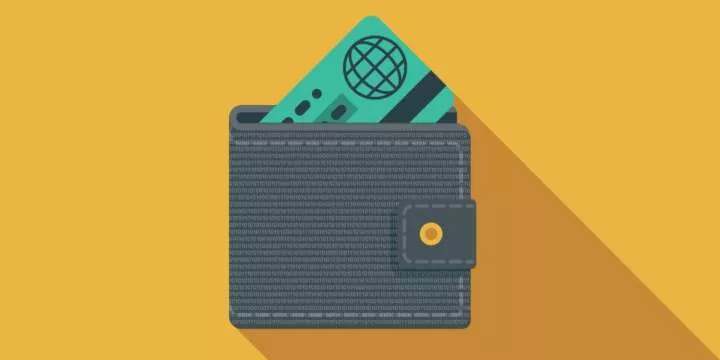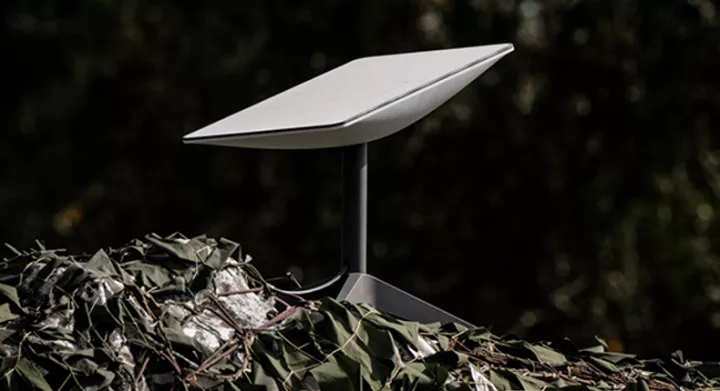
1. Bank wire transfers
This traditional method involves sending details of your bank account to your overseas client or employer. They can then initiate a wire transfer to your Nigerian account. However, your bank account needs to support international wire transfers and be prepared for fees and potentially longer processing times. Such accounts are called domiciliary accounts. You can walk into any bank of your choice to open one.
2. Payoneer
Payoneer is a popular choice for freelancers and online businesses in Nigeria. It offers a multi-currency receiving account that allows you to receive payments in various currencies, which can then be withdrawn to your Nigerian bank account as naira. Sign up for a Payoneer account, receive payments, and transfer them to your local bank.
3. SendWave
You can tell your sender to use the SendWave app
which is available on Google Play Store and choose Cash Pickup as your means of collection. You will need to provide them with your legal name as it appears on your BVN and your phone number too. These will be used to process the payment from their end. Once the payment has been processed, the sender will receive access codes (an OTP and a Voucher Code). They are to share the authentication codes with you and you can take these codes along with a valid ID card to any Access Bank, GTB, Zenith, or Fidelity bank branch, and cash out your payment.
If you have a domiciliary account, you can use it to receive foreign payments in Nigeria using SendWave. Just tell your sender to follow these steps:
Download the SendWave app from your app store.
Sign up and verify your identity.
Link your bank account.
After they have done the above, you simply provide them with your Nigerian Domiciliary account number. Once they send it, you'll get it in your account without hassle.
4. Cryptocurrency
Bitcoin and other cryptocurrencies offer an alternative way to receive international payments. You can provide your cryptocurrency wallet address to your clients, and once the payment is made, you can exchange the cryptocurrency for Naira on local exchanges.
5. Remittance services to receive foreign payments
Services like Western Union and MoneyGram allow you to receive foreign payments in cash at their local branches. Your client can send money directly to one of these service providers, and you can pick it up after providing necessary identification.
Final thoughts on how to receive foreign payments in Nigeria
Receiving foreign payments in Nigeria is achievable through various methods, each with its pros and cons. Choose the method that best suits your needs, taking into account factors such as currency, fees, and processing times. With the right approach, you can smoothly handle international transactions and expand your global business opportunities.
















Comments